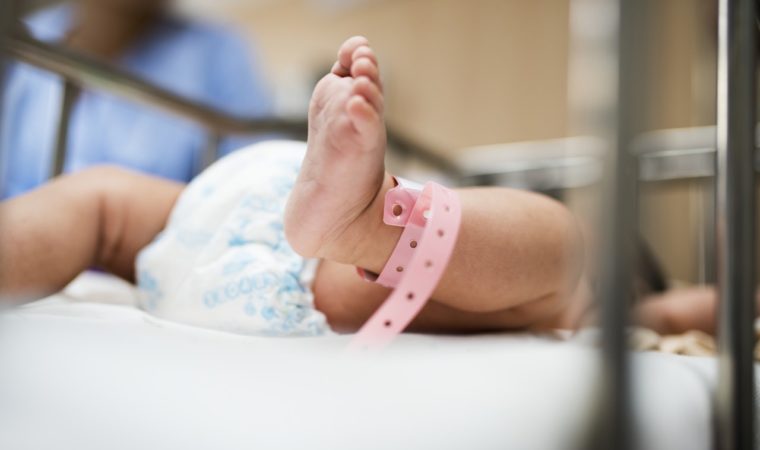
A recent report released by the Center for Disease Control concluded that areas with high rates of opioid prescriptions have an increased prevalence of gastroschisis, which is a serious birth defect of the abdominal wall. Specifically, data from 14 states in 2011 through 2015 shows that gastroschisis was 1.6 times more prevalent in counties with high opioid prescription than it was in 2006 through 2010. Furthermore, this data shows that mothers younger than 25 also have an increased risk of having children with this defect.
Gastroschisis involves a defect in the wall of the stomach, causing the intestines, stomach, or liver to be outside of the abdomen through a hole close to the belly button. While the abdominal wall may be able to be repaired through surgery, infants with this defect may later have problems with digestion, nutrient absorption, and development due to stunted nutrition. Unfortunately, there is currently no treatment for gastroschisis while the child is in-utero, which is a potentially life-threatening situation.
The Center for Disease Control also notes that the reasons behind this increase in incidences of this defect are not completely understood, meaning that more public health research is necessary. However, the rise in its prevalence may be due to increased opioid use during pregnancy, or other factors such as smoking, the young age of some mothers giving birth, and infections of the urinary system.
This hypothetical link between gastroschisis and opioid use is not without some evidence to support it. The Drug Enforcement Administration has indicated that 2018 saw the largest number of deaths caused by opioid overdosing in recent memory.
Furthermore, the National Drug Threat Assessment for 2018 found that heroin, fentanyl, and other controlled prescription drugs like opioids were responsible for the increase in overdose deaths. Misuse or reliance on opioid drugs during pregnancy has been shown to cause preeclampsia, fetal growth restriction, and postpartum heavy bleeding.
It is important to understand your legal options if you or someone you love has struggled with opioid addiction and its severe side effects, or has had gastroschisis as a direct reaction to opioid use. The attorneys at the Whitley Law Firm could help you evaluate your circumstances and navigate the complexities on your behalf.


